5 Reasons Why Overtaking Is More Difficult In F1 This Year

F1’s new era has brought awesome-looking and much faster cars to the sport, but it has had a negative impact on overtaking – well, it seems that way after the Australian GP.
Sebastian Vettel took victory in Melbourne, helped by Lewis Hamilton getting stuck behind Max Verstappen after his pit stop and struggling to find a way past.
Hamilton said after the race overtaking was “a lot worse than I anticipated” and he hopes we don’t have processional races the rest of the year.
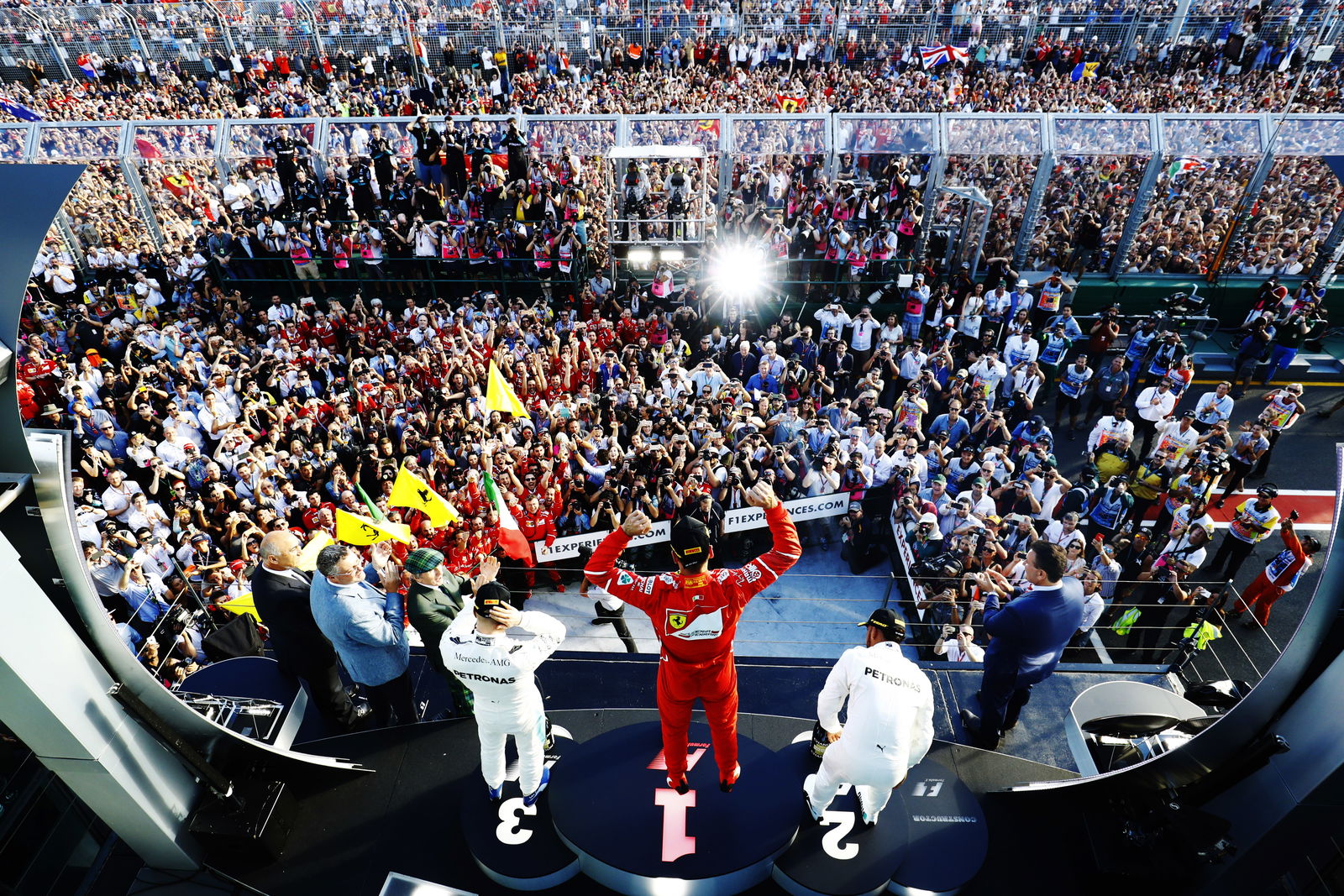
It is worth pointing out that Albert Park Circuit is a tricky track to overtake on, and that it’s still very early in the season to be making firm judgements, so passing could well be easier at future races.
There are a few reasons why making a move is a more difficult task this year though, and the drivers are having to work harder to advance up the order.
1. Wider cars
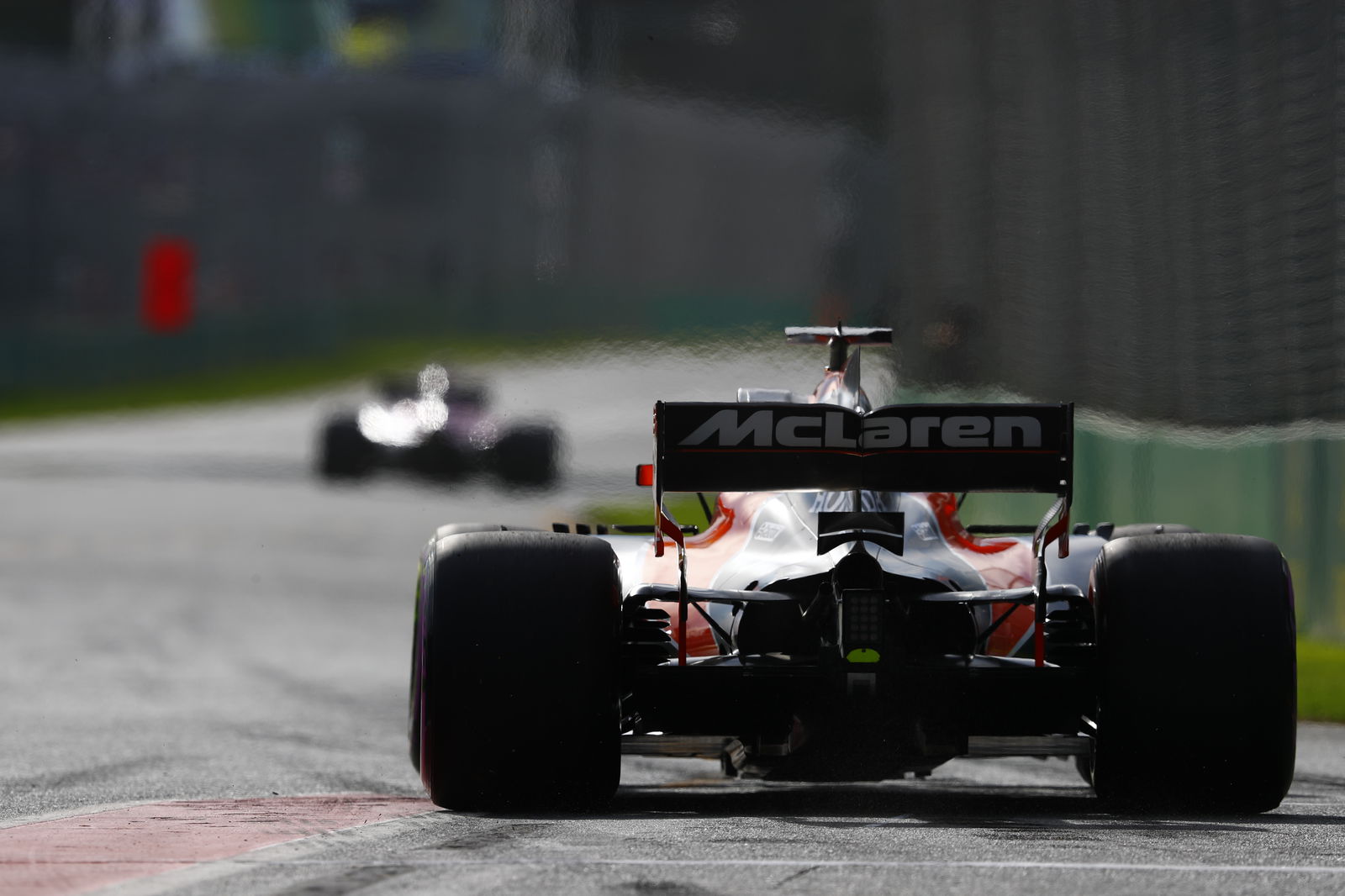
Alongside the 2017 F1 tyres getting much fatter, the cars are wider overall too. So naturally, when you’ve got two of them side-by-side, there’s less space and less track to share. This’ll be particularly tough at narrow tracks like Monaco and – to a degree – probably made things a little trickier in Oz. It also doesn’t help that the cars are a bit longer too.
2. Braking zones
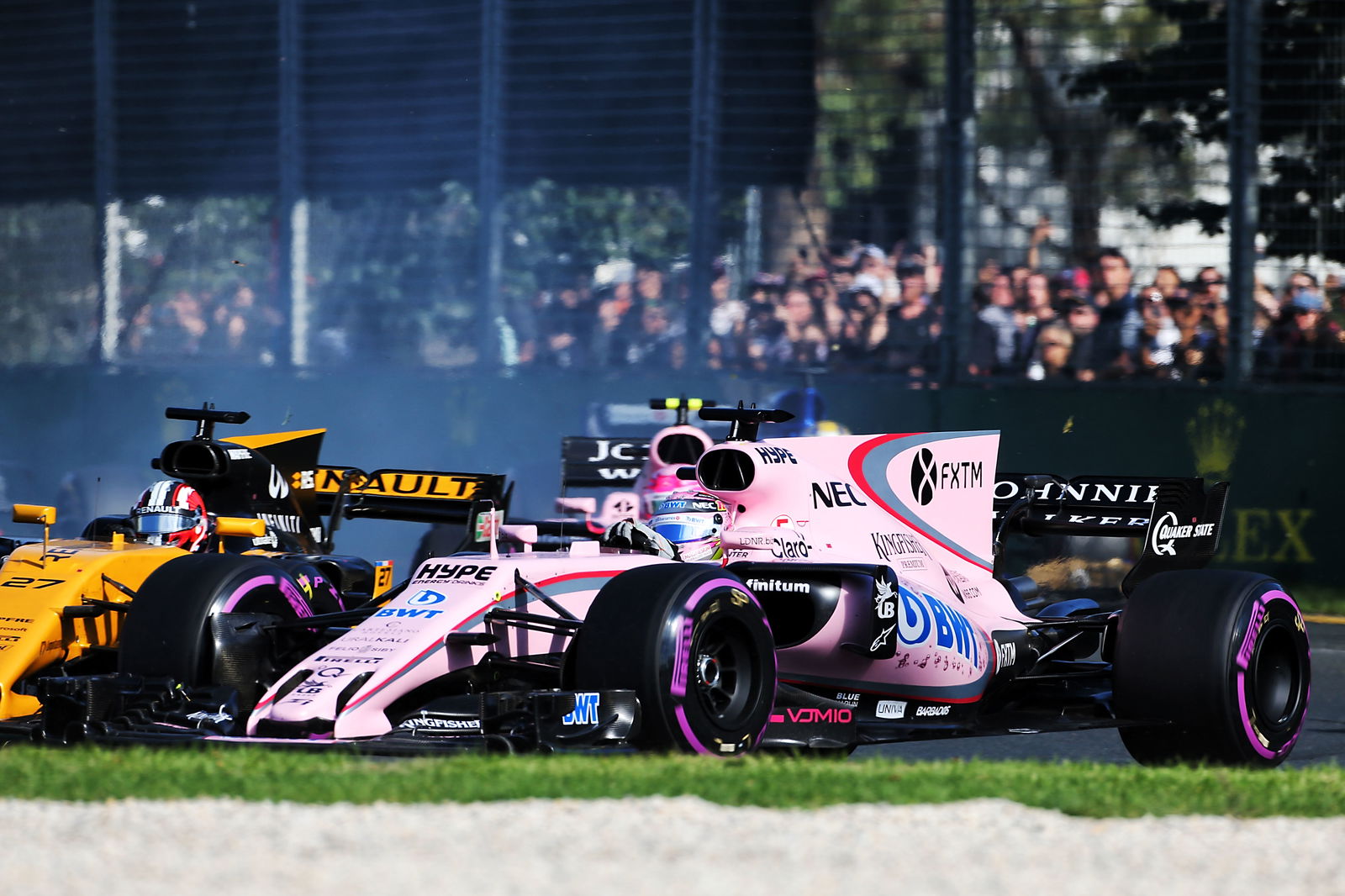
With more forces being put through the brakes due to the higher speeds and increased downforce, the brake discs have been increased in size from 28mm thick to 32mm. In addition to the the wider tyres, this has cut down the length of some braking zones. So, there’s less distance to play with when it comes to out-braking a competitor.
3. Turbulent air
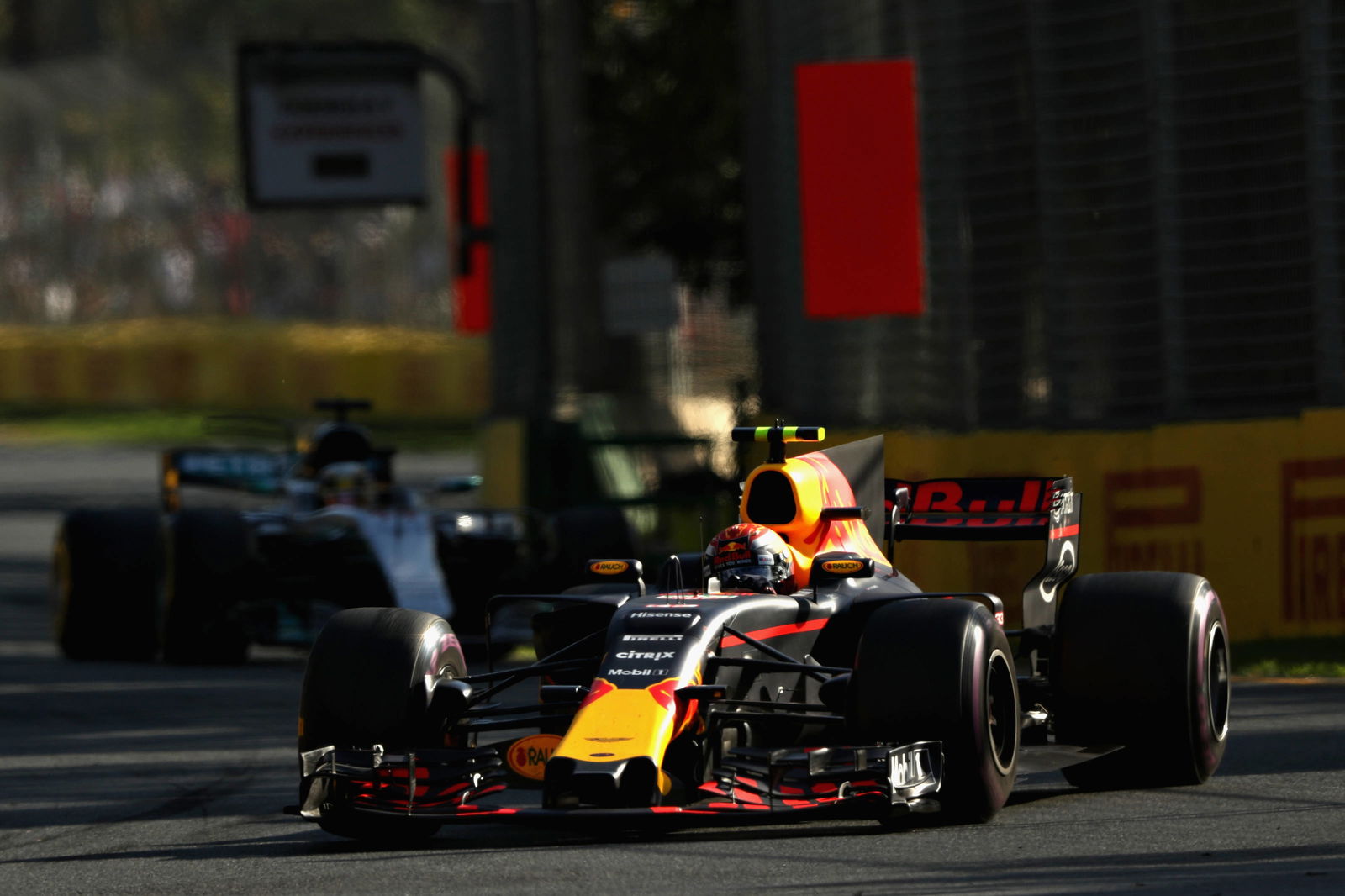
These huge new aero rules not only make the cars look meaner but they also make them much quicker. But, with more downforce comes more turbulent air being created, which is making cars much harder to follow through corners.
F1 car aero works at its best in what’s known as ‘clean’ air. Turbulent air doesn’t flow over the cars as smoothly, making the aero much less effective and reducing downforce in the process.
New Mercedes recruit Valtteri Bottas explains:
“Even in the years before it’s been difficult to follow once you get within one and a half, one second just because of the turbulent air. Now, as more of the grip from the car is relying on the aero it’s a bigger effect and the cars are wider. So, now I think it’s more like two seconds or even two and a half [to feel the turbulence] and in the corners it’s more difficult to follow.”
4. Tyres
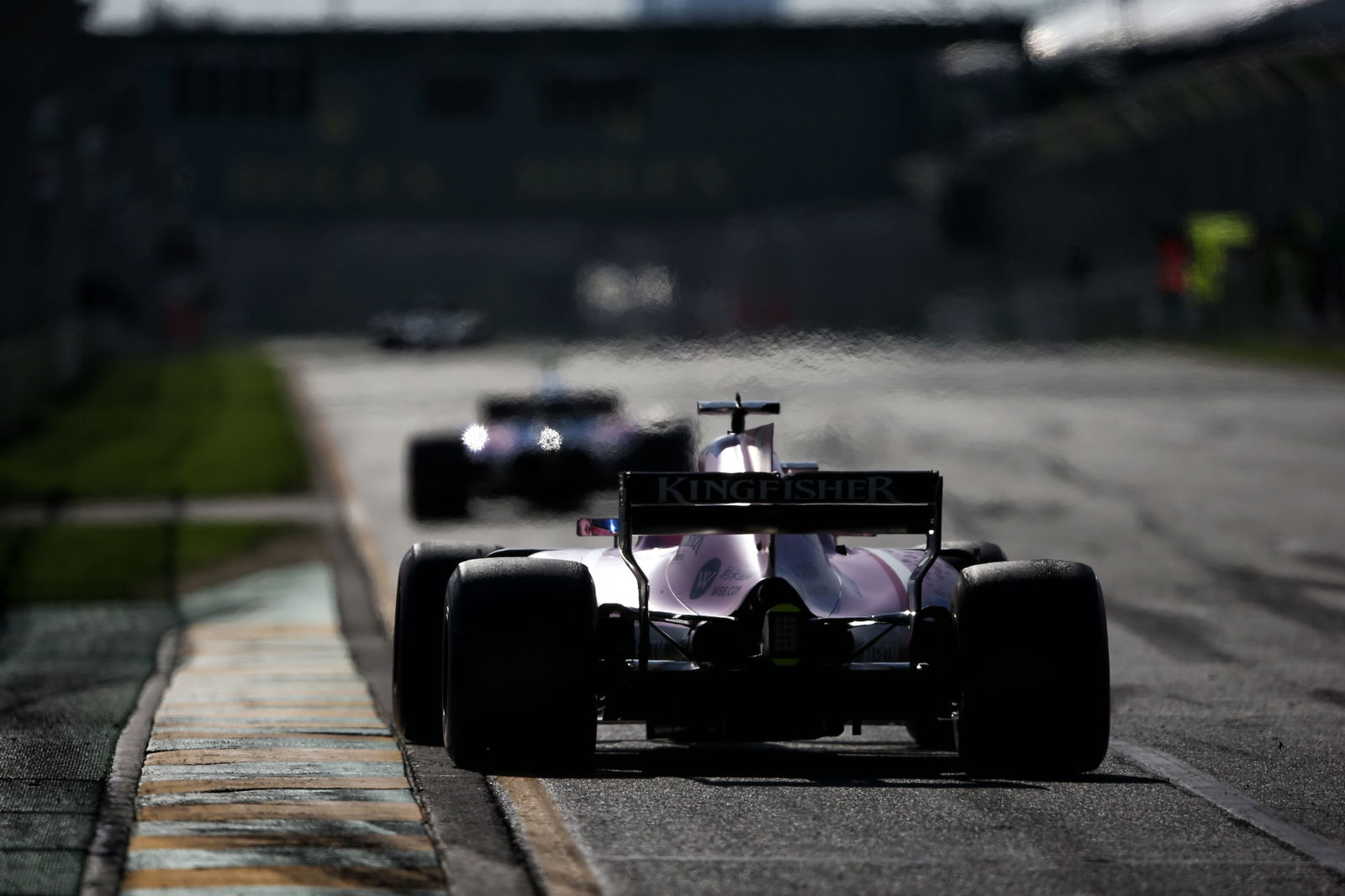
Because the cars are struggling to follow others, they’re sliding around and the turbulent air is making them tougher to drive. This wears the tyres more and can cause them to overheat, as we saw in Australia with Hamilton – even with these 2017 compounds being more durable. By overheating and wearing quicker, performance is reduced, making it even harder to challenge the car ahead.
5. DRS
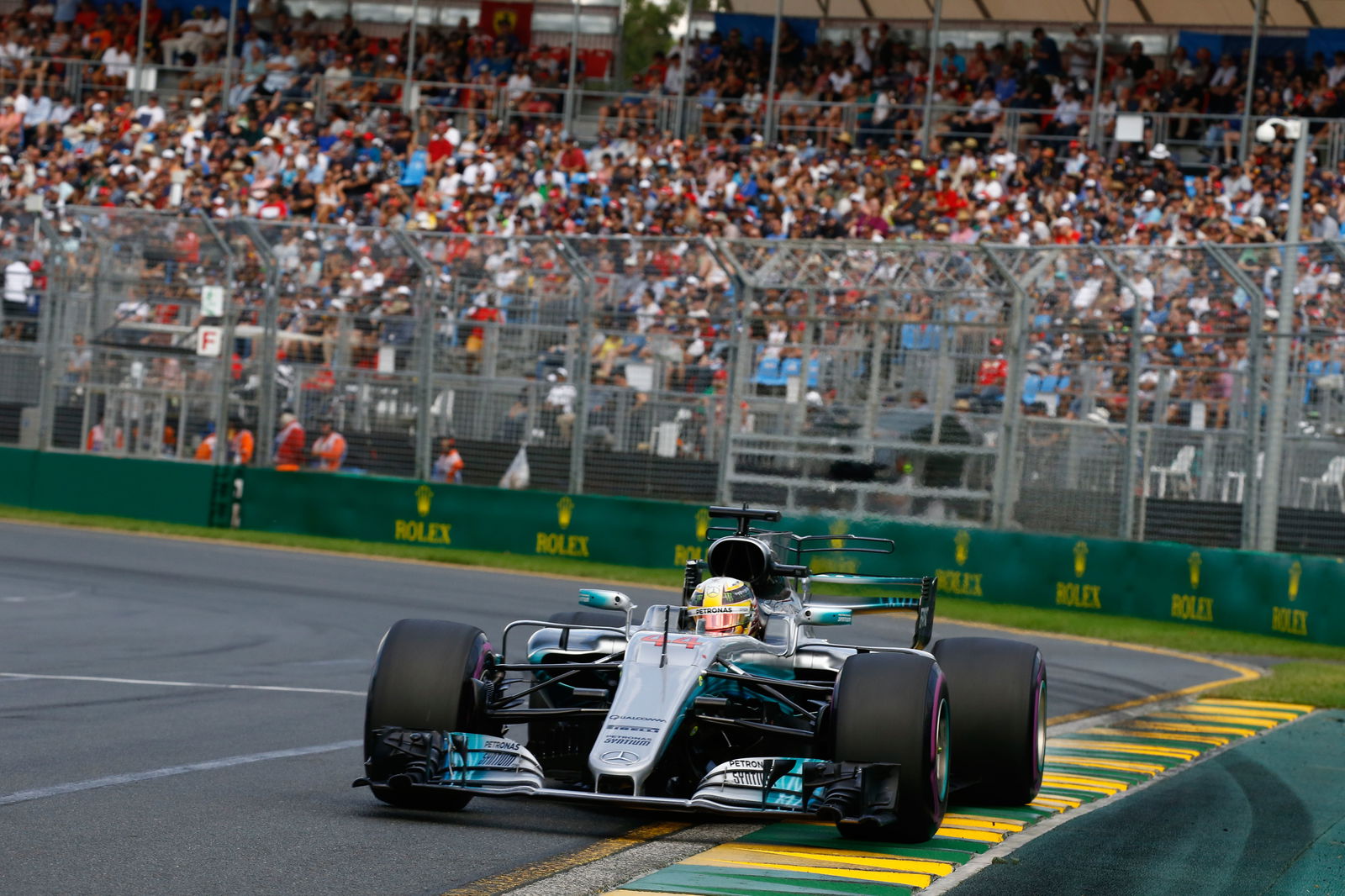
DRS remains a bit of an unknown, partly because the Australian GP isn’t a great example thanks to short DRS zones. Some believe the high levels of drag will make the wing flap effect greater, but Mercedes engineering director Aldo Costa said the “DRS effect will be smaller” and a tech expert we spoke to said the lower, wider wing flaps are shallower, which also make it less effective.
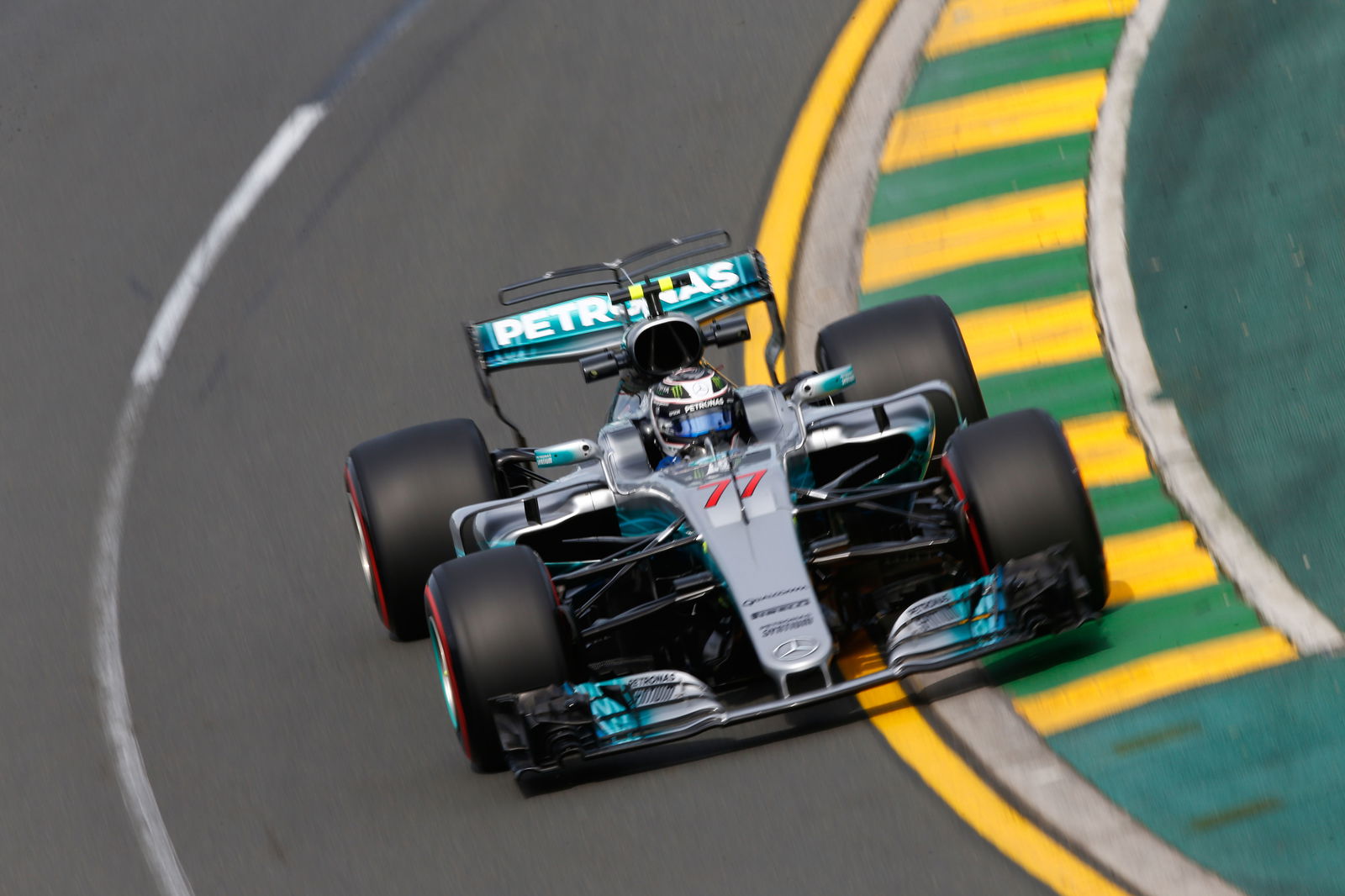
It’s very early days with these beautiful new cars. Maybe they’ll fare better at the next couple of tracks F1 visits. We’ll find out soon!
What do you think of F1’s overtaking dilemma? Let us know in the comments.
Comments
6: Max Verstappen won’t let you
Unsurprising considering these rules were formulated under Bernie. Still more exciting than last 3 years, we’ll see what Brawn can do about it.
I find it that with less overtaking chances it becomes more strategical and in my opinion more interesting to watch
Add turbocharger
getting fatter and fatter
When the coverage focuses on a broken down car for five minutes you know the racing is boring.
Every year, and every race, people say “it should be better the next one…”.
It isn’t.
Why everyone thinks orvertaking is the most important thing of a race?
Imo this year’s AGP was more interesting than the last couple, so I think there has been an improvement. If I had my way, the front wings would be MUCH less fiddly (less affected by turbulent air, and less frangible in a crash) and the engines would be 3-litre V10s like in the early 2000’s, mainly because the current cars sound like glorified vacuum cleaners.
Hamilton sucks!
6: Drivers aren’t actually that good anymore…
Pagination